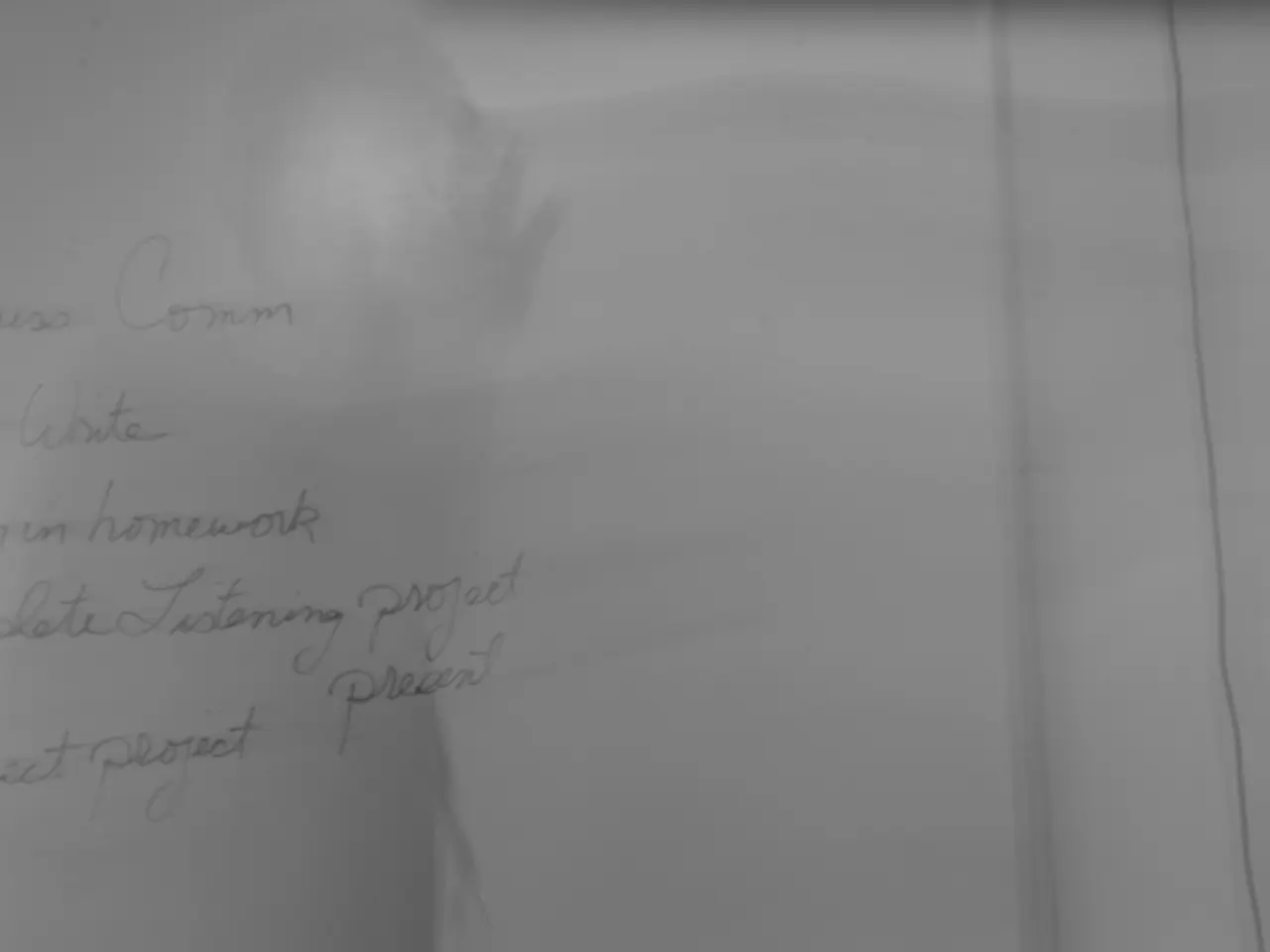International cooperation, rather than posing a danger to national independence, serves as a contemporary embodiment of sovereignty
In a keynote speech at the Berlin Forum on Global Cooperation 2025, a prominent speaker addressed the urgent need to reform the international financial architecture and rethink the economy of development. The speaker highlighted the current lending capacity of all multilateral banks, which totals $300 billion, as being less than the remittances sent by migrant workers each year, underscoring the vast untapped potential for cooperation.
Quoting Henry Morgenthau Jr., who said during the Bretton Woods conference in 1944 that the best way to guarantee national interest is through international cooperation, the speaker emphasized the importance of this principle in today's global economy. This sentiment was echoed by former U.S. President John F. Kennedy, who made a similar statement during his commencement address at Yale University on June 11, 1962.
As governments and nations reorganize their priorities amid economic and geopolitical uncertainty, the speaker is closely following the negotiations of the upcoming Fourth UN Conference on Financing for Development, which Spain will host at the end of June. The goal of this conference is not just to fill gaps, but to rethink the metrics, instruments, and governance structures of financing for development.
The speaker organised their thoughts into three sections: revisiting analytic categories, examining the current financial architecture, and discussing governance of commons and public goods. The future of the United Nations requires structural reform, political traction, citizens' involvement, and public participation to co-write the rules of the world we want.
The speaker also addressed the worsening extreme poverty and food insecurity across regions, and the decline in development assistance. In this context, the UN must reclaim its role in preventive diplomacy, peacebuilding, and collective security, within a more inclusive human security architecture. The speaker suggested moving away from the narrative of "aid" or "assistance" toward one of "cooperation".
The current financial contraction, according to the speaker, is not a crisis of scarcity but a crisis of priorities and political choices. Developing countries are facing escalating debt, reduced fiscal space, and the inability to make investments in critical sectors such as health care, education, and climate action. The speaker emphasized the need to redefine the metrics of development to better respond to the new realities, with the "Beyond GDP" conversation gaining traction.
In light of these challenges, the speaker proposed concrete responses through the Debt Relief and Green and Inclusive Recovery Project. The speaker also highlighted the need to better utilize the UN's system of environmental economic accounting to value the contribution of the "Global Majority" (or "Global South").
Between 2000 and 2017, developing countries transferred 900 billion dollars to the Global North, according to UNCTAD. In 2021-2022, the Global North imported 96 trillion hours of labor from the South, while exporting just 80 trillion. These figures underscore the imbalance in global economic relationships and the need for fairer cooperation.
The speaker's keynote speech can be listened to online, offering insights and perspectives on the urgent need for international cooperation in reshaping the financing for development architecture to address the challenges of the 21st century.
Engaging with the global business community is crucial for the successful implementation of Europe's integration plans, as finance plays a critical role in enabling sustained economic development. Therefore, it's essential to revise the current financial architecture to better respond to the new realities, following the speaker's suggestion of redefining the metrics of development beyond GDP.
In light of the imbalance in global economic relationships, where developing countries have transferred large sums to the Global North, fairer cooperation in finance is needed to ensure a more equitable future for all nations and peoples. This could potentially be achieved through initiatives such as the Debt Relief and Green and Inclusive Recovery Project, as advocated by the speaker.




